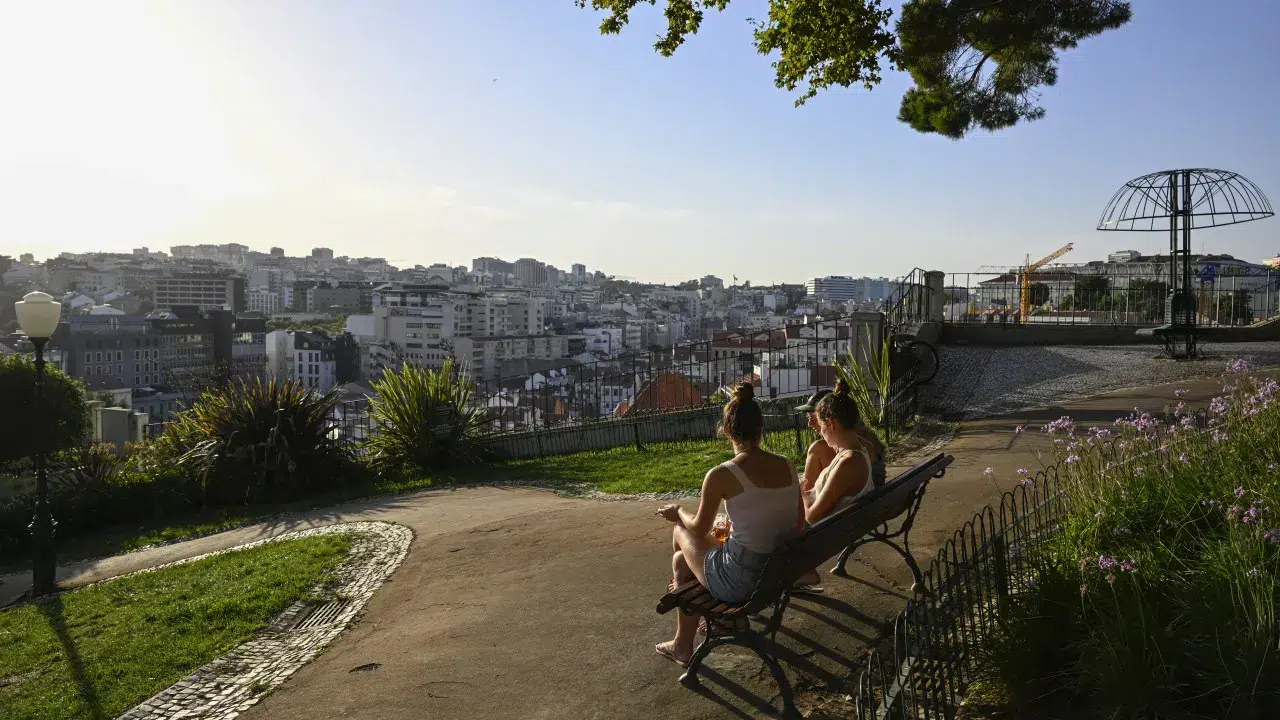
The longest day of the Northern Hemisphere began at 2:42 AM this Saturday, marking the summer solstice. The season, anticipated by many, starts with milder temperatures due to the presence of high clouds, particularly along the coast.
Meanwhile, in the Southern Hemisphere, the summer solstice will occur on December 21 at 3:03 PM.
At the start of summer, the sun rises at 6:10 AM and sets at 9:06 PM, resulting in a day length of 14 hours, 55 minutes, and 47 seconds. On Sunday, the day is seemingly of the same duration but is two seconds shorter. By the end of the month, the day will have shortened by five minutes.
The trend will continue until the autumn equinox, observed on September 22 at 7:19 PM, when day and night are of equal length. From that point, the night begins to extend, leading up to the winter solstice, arriving at 3:02 PM on December 21, bringing the longest night.
According to forecasts from the Portuguese Institute for Sea and Atmosphere (IPMA), maximum temperatures on the first day of summer are expected to range between 21°C in Ponta Delgada and 34°C in Beja. Coastal districts like Viana do Castelo, Porto, or Aveiro should not exceed 22 or 23°C as maximum temperatures.
However, as stated on the IPMA’s website, temperatures are expected to rise again throughout the week, particularly on Friday and Saturday.
The summer solstice marks the moment when the Sun reaches its highest declination in latitude, as measured from the Equator.
While days are longer during the summer solstice, the winter solstice brings longer nights due to the Earth’s orbit around the Sun and the tilt of its rotational axis.
[Updated at 10:31 AM]



